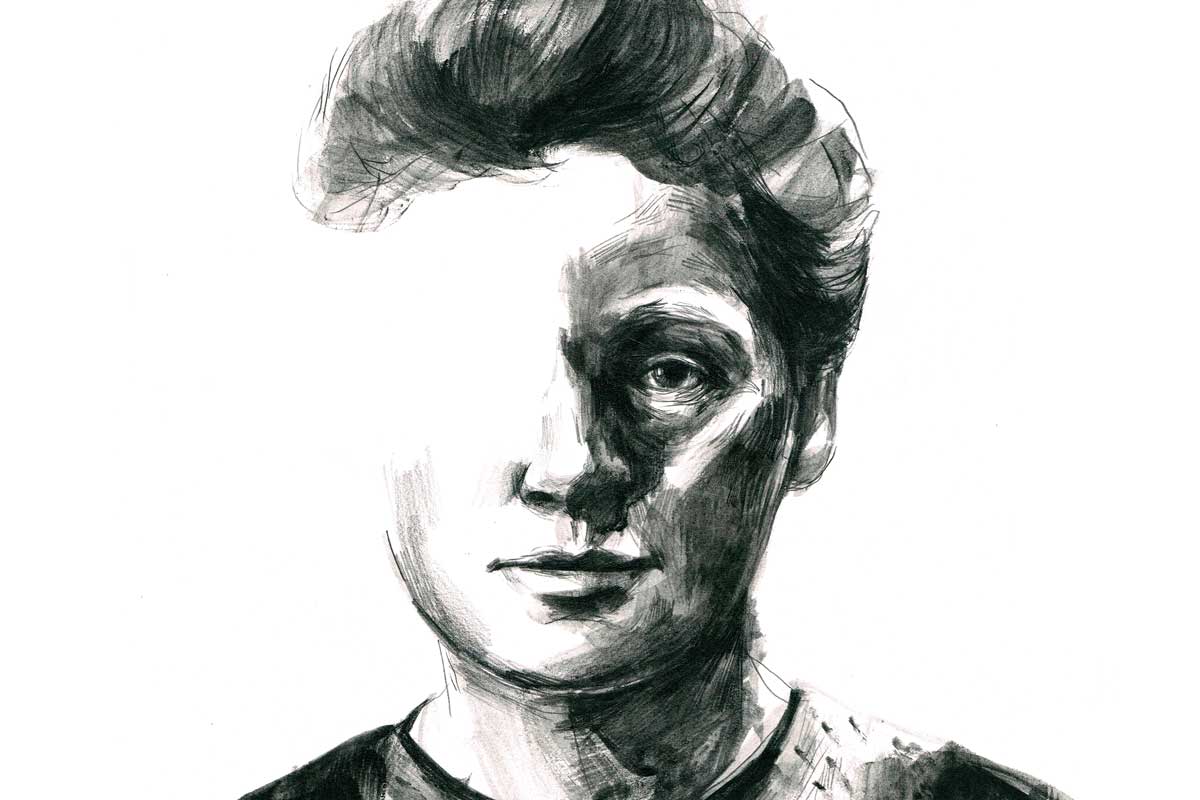
Women represent only 28 % of researchers in the world, according to UN data. However, they account for the majority of students in a large part of the planet. They have made great contributions to science since the beginning of time, but have remained, for the most part, anonymous. Their social recognition has been limited. For example, less than 50 women have received a Nobel Prize, for more then eight hundred men.
In this relationship between women and science, we need to consider two intertwined aspects: women as the subjects of science (that is, female scientists); and women as the object of science, the fact that science should consider the potential of women, their experiences, and the possible impact of a studied phenomenon with regards to gender. With the title of this monograph, SheScience, we want to delve on these two aspects. We are committed to science done by women in the same numbers and hierarchy as men, and to science that reveals differential characteristics between women and men, and those other aspects that are specific to women. Both often ignored.
With this approach, we move in the direction indicated by European Commission’s framework Horizon 2020, which establishes that gender equality must be promoted through changes in the culture of scientific institutions, changes in the composition of research teams in order to achieve equality, and changes in the content and design of research activities.
The integration of gender perspectives in science will promote excellence and improve people’s lives, minimising the waste of qualified minds and individual and social problems that should be taken into account by science. In short, this integration will reduce the loss of potential talent, increase diversity in research teams and expand knowledge fields.





